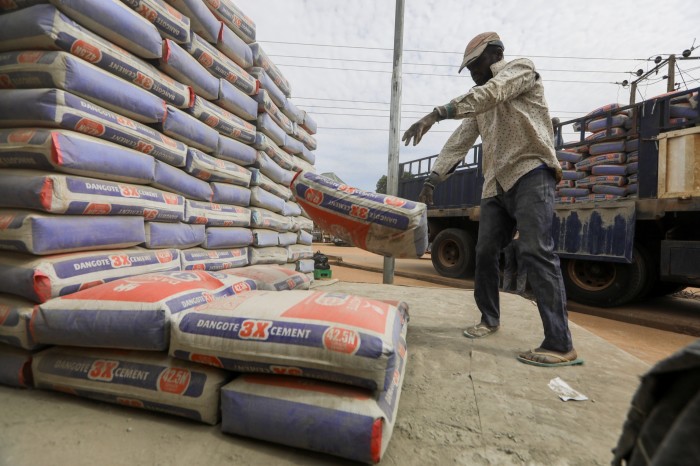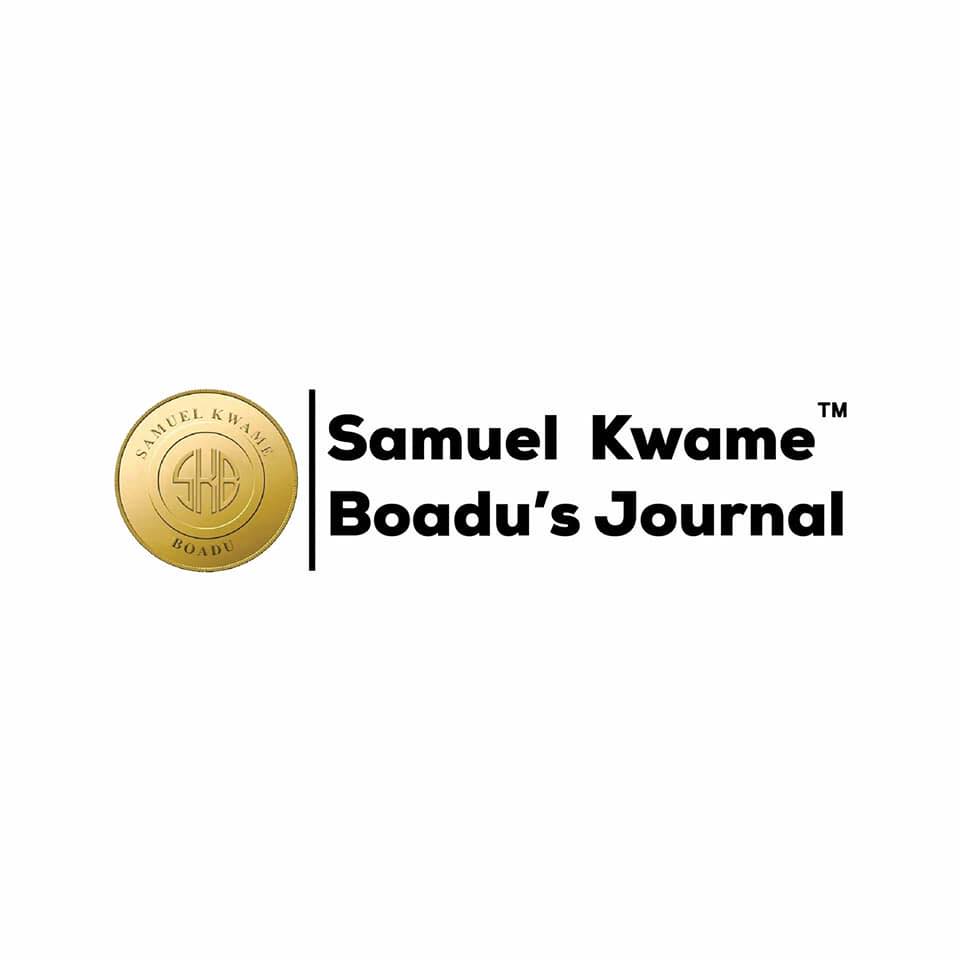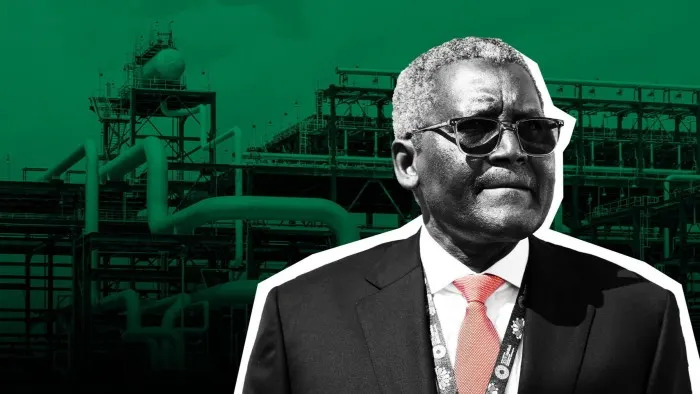If all goes according to plan, Aliko Dangote, Nigeria’s most successful businessman and Africa’s richest person, is about to launch a $20 billion oil refinery outside Lagos that could transform the continent’s largest economy.
The commissioning of the massive plant would mark the culmination of a career in which Dangote, whose personal fortune is estimated by Forbes at $10.5 billion, built a fortune in salt, flour, sugar and, above all, cement.
Assuming his Dangote group can secure enough crude oil and the long-delayed plant functions as intended – which is not a given – the refinery could start producing diesel, kerosene and kerosene as early as next month.
“We are starting with 350,000 barrels a day,” Dangote told the Financial Times, adding that a deal had already been struck for the “first cargo of about 6 million barrels” for delivery next month.
Dangote, 66, said he believes the refinery can reach its capacity of 650,000 barrels per day by the end of 2024, although the IMF doubts it will reach more than a third of that by 2025.
At full capacity, the refinery, the world’s largest “single-train” plant with just one distillation unit, could save Nigeria billions in foreign exchange currently spent on imported fuel. It is “shameful,” Dangote said, that Nigeria, a major oil producer for more than 50 years, cannot refine its own crude oil in nearly sufficient quantities.
Amaka Anku, head of Africa at political risk consultancy Eurasia Group, said the refinery was “a huge, complicated undertaking”. In a country where most businessmen are looking for short-term profits, it is a blessing “that we have someone like Dangote who is willing to spend billions of his own money on long-term projects.”

Dangote acknowledged that there were times when he thought the huge project – long-delayed and about $8 billion over budget – could jeopardize his business empire.
“The challenges we faced, I don’t know if other people can overcome those challenges and even survive,” he said. “Either we sink or we sail through. And we thank the Almighty that at least we have reached our destination.”
But in what is supposed to be a moment of triumph for Dangote, he is under enormous pressure. A rival industrialist accused him of underhanded business practices and of gaining unfair access to foreign currency from a central bank whose former governor is currently under investigation by authorities. Dangote has denied both allegations.
Furthermore, the Nigerian National Petroleum Corporation has been unable or unwilling to supply him with the crude oil his refinery needs, although Dangote insists it is only a matter of weeks before oil starts flowing.
Some even doubt that the refinery will even work or assume that it will be inefficient. There are also rumors that Dangote, who critics accuse of having unduly benefited from close ties with four successive governments, has fallen out with Bola Tinubu, who became president in May.
“Dangote is no longer as influential as he used to be,” said Ricardo Soares de Oliveira, an Oxford professor of African politics, who described the billionaire as a Nigerian oligarch. At a time when he had bet his fortune on the success of the refinery, it was not a pleasant situation, several close observers of Nigeria said.

“This is the first time that the elected government is not particularly close to Aliko,” said a senior banker who spoke on condition of anonymity. “So it opened up the opportunity for people to exert their own influence.”
For many Nigerians, the billionaire industrialist has done more to invest and create jobs in the country than anyone else. “We need 10 Dangotes,” Anku said.
For others, however, he is a ruthless monopolist who relies on the state to protect him from competition and reduce his tax burden by giving his company so-called pioneer status.
“The Romans figured out how to make cement 2,000 years ago,” said Feyi Fawehinmi, a London-based Nigerian author. “And yet Nigeria is making billionaires out of it.”
In the interview, Dangote complained that competitors complained because they did not understand what it takes to run a company that is the country’s largest private employer and its largest taxpayer. “Sometimes when people talk about us, Dangote, it is as if the government is oppressing everyone and allowing us alone to fly.”
He would not discuss in detail a dispute over crude oil supplies with NNPC, which owns 20 percent of the refinery after a $2.76 billion stock purchase in 2021. Nigeria produces about 1.4 million barrels of oil per day, well below OPEC’s average quota of 1.8 million barrels, with much of it pre-sold in futures contracts.
“Let’s not place blame here,” he said of NNPC’s reported difficulties in meeting the refinery’s needs. “We have solved all supply problems.”

Dangote rejected suggestions that NNPC was working hard to negotiate a larger share in the refinery, which he said would generate $25 billion a year in revenue at full capacity. “I don’t think NNPC needs to buy more shares. I think they’re okay with what we’ve given them.”
The refinery will eventually be listed as a standalone company, he said, initially on the Lagos Stock Exchange.
To build the massive project on 2,500 hectares of swampland outside Lagos, Dangote had to build its own port and road for the delivery of heavy equipment, set up its own trucking company for transport and set up its own industrial welding facility for assembly. He said he laid enough cable to stretch twice around the globe and moved 65 million tons of sand. “There will not be a project like this in Nigeria for the next 20 years.”
No outside contractor was willing to take the Nigerian risk, he said, so he had to design and build the whole thing in-house. “We didn’t skimp on costs. We didn’t cut corners,” he said. “We didn’t do it so that people would clap us. We did it for posterity.”
However, some have chosen this moment to snipe. Dangote has accused BUA Group, Nigeria’s second largest cement manufacturer led by founder and chairman Abdul Samad Rabiu, of sponsoring attacks on his company in the Nigerian press. According to Forbes, Rabiu is worth $6.5 billion.
Stories purportedly spread by BUA Group accuse Dangote of profiting from illegal foreign exchange transactions worth billions of dollars. The government is investigating foreign exchange allocations made when Godwin Emefiele, the former central bank governor, was responsible for distributing dollars at the official rate to select industries at well below market prices.
BUA Group responded to the claims by accusing Dangote of attempting to sabotage the business for more than 30 years, including allegedly issuing a blind check to the company. Rabiu declined to comment.
The two are at loggerheads in court over an alleged attempt by Dangote to stop Rabiu’s company from mining limestone in Edo State. In a lengthy statement published in local newspapers, Dangote accused BUA Group of rehashing discredited stories and said he could account for every dollar of foreign exchange.
.
READ ALSO:
Samuel Kwame Boadu Trains Brong Ahafo and Ashanti Regional Agents of Priority Insurance Company
.
SKB Journal appreciate you a lot for reading! If you enjoyed this piece by Samuel Kwame Boadu, kindly hit the share button and help others to also see it. You can also like our Facebook page, so you know when we make new posts or Click to JOIN our Telegram Channel where we post JOBS + TIPS





